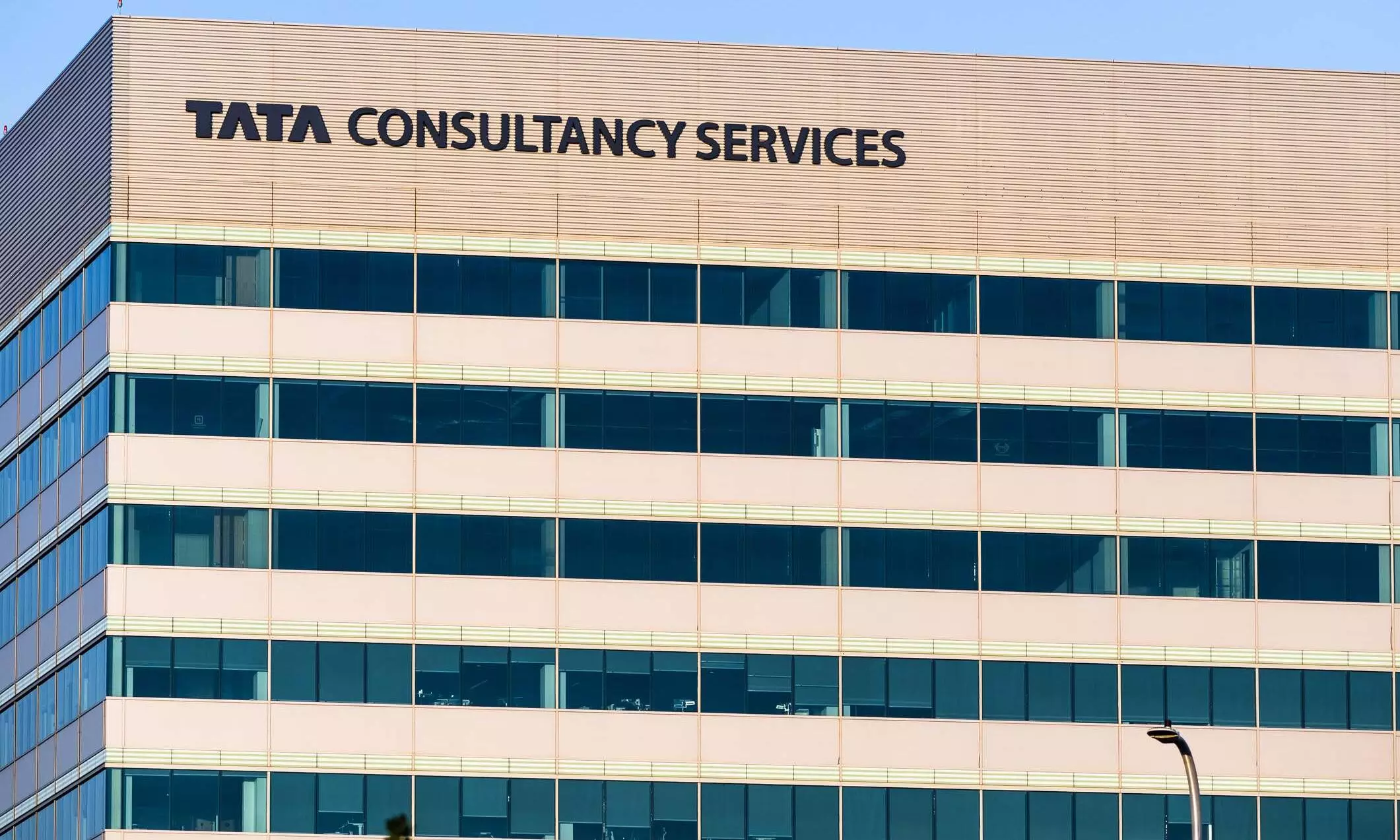
TCS to retrain 1 lakh employees yearly to meet AI demands
CTO Harrick Vin says generative AI requires new testing and assurance; initiative follows employee concerns amid planned global workforce reduction

Tata Consultancy Services (TCS), the IT conglomerate, has reportedly announced plans to retrain nearly one lakh employees every year to upskill them in response to shifting client demands driven by AI adoption. This initiative will benefit about a sixth of TCS’s global workforce.
This announcement comes amid growing concerns among employees about job cuts, particularly among senior employees, following TCS’s plans to reduce its global workforce.
Speaking to Nikkei Asia, an independent news forum, TCS’s Chief Technology Officer (CTO), Harrick Vin, said the evolution of generative AI represents a transformation unlike any other technological development. He said AI tools now can learn and evolve on their own demand, ushering in a new kind of testing and quality assurance.
To address these challenges and find solutions, TCS is revamping its internal learning programs to align with the latest requirements. According to Vin, the company planned to retrain around one lakh employees every year.
He also highlighted that employees are encouraged to explore AI tools and to take part in hackathons to gain hands-on experience, reiterating that transformation is challenging and every company will have to conduct such training.
Also Read: TCS halts new H-1B hires in US, to focus on local recruitment: Report
Restructuring plans
For the second quarter of the current fiscal year, TCS reported a consolidated net profit of Rs 12,075 crore, which is 1.4 per cent higher than the previous year.
Reports suggested that the slowdown was due to restructuring initiatives that the company started, at a cost of Rs 11.35 billion. Revenue grew 2.4 per cent to Rs 65,799 crore.
According to K Krithivasan, CEO of TCS, the company believes that the new initiative, “deep client engagement and AI-led solutions,” is expected to drive stronger growth in the following quarters.
Also Read: TCS headcount falls by 19,755 in Q2; union disputes figures
Expansion in the UK
Although TCS has reduced its workforce as part of its transition to a future-ready organisation, it has simultaneously been expanding its global operations.
Recently, the company announced plans to create 5,000 new jobs in the United Kingdom over the next three years. TCS has also launched an AI Experience Zone and Design Studio in London.
For TCS, the UK has been one of its prominent markets for over five decades, where it has contributed to the creation of 42,000 jobs, both directly and indirectly.
Also Read: TCS accused of forcing 2,500 Pune employees to quit; IT workers' body seeks CM intervention
Layoffs in TCS
It is to be noted that, in July, TCS announced plans to terminate at least 12,200 employees, 2 per cent of its global workforce, by March 2026. TCS also announced the severance packages for those affected by the layoffs. In the most recent quarter alone, TCS laid off at least 20 thousand employees, bringing its headcount down to 593,314.
These massive lay-offs triggered outrage among the employees. The workers' union body, Nascent Information Technology Employees Senate (NITES), condemned the termination and alleged that the number of terminations was under-reported.
"TCS has continued to grow revenue during the same period, proving that business performance cannot be used as a justification for such drastic cuts. TCS may present these job cuts as numbers on a balance sheet, but for us, they are stories of shattered lives," NITES added.
NITES alleged that employees who have given 10–15 years of loyalty are being cornered, threatened, and discarded overnight, and termed the restructuring action a corporate cruelty. TCS has chosen profits over people, turning its workplace into a fear factory and betraying the very workforce that built its empire," Harpreet Singh Saluja, President of NITES, said in a statement.

